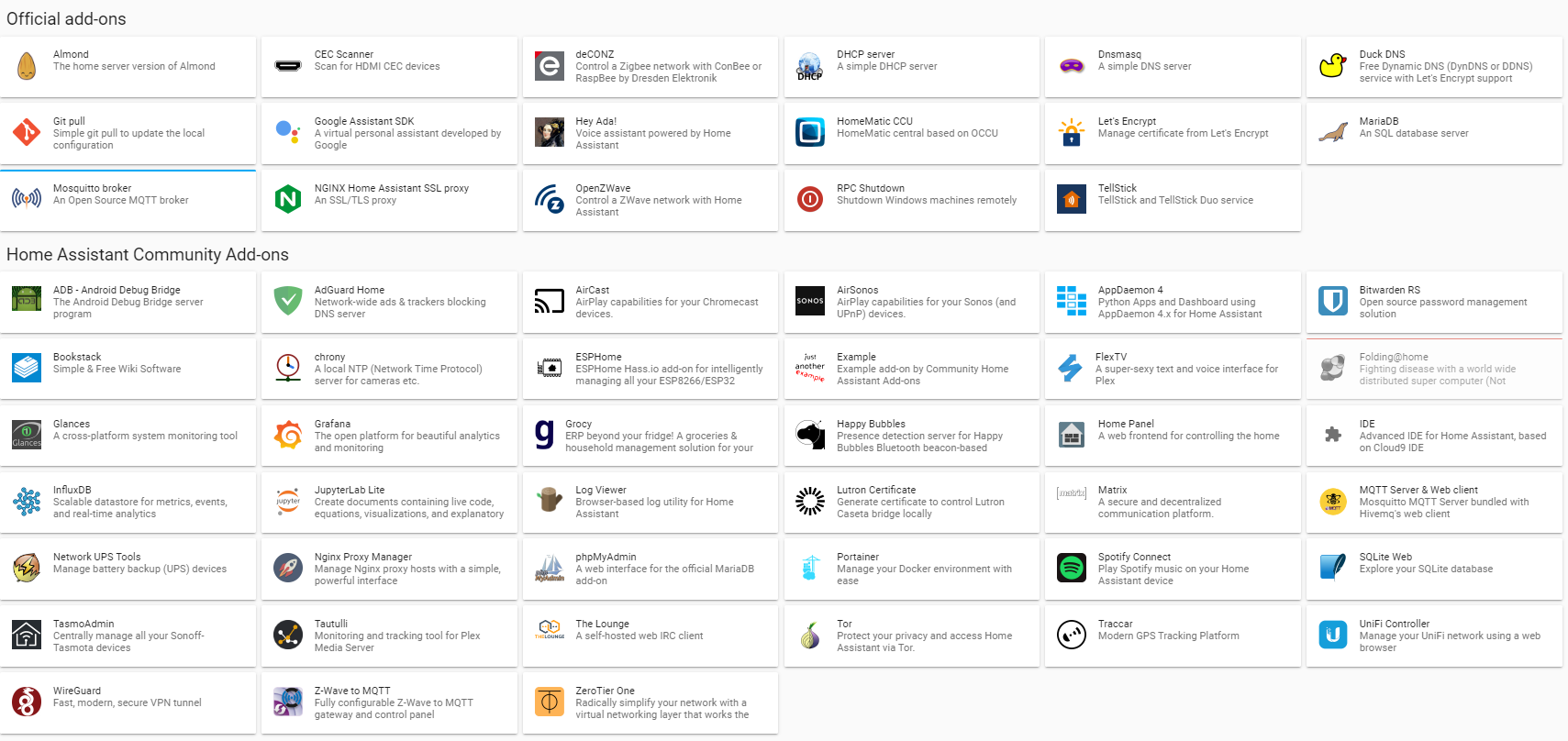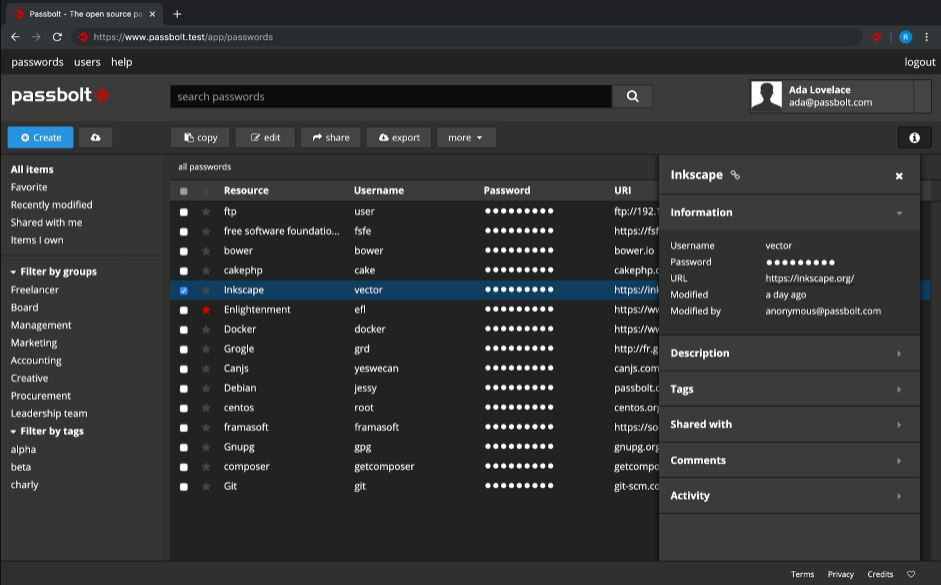Here's two different options for typing over a line in Microsoft Word. If you have any better ideas, please let me know! Open Ms Word, Double-click a Word document that you want to edit, or double-click the Word App Icon and click Blank document to open a new document. Now place the cursor where you want to insert a line and click Insert Click on Shapes drop-down arrow available in In the Illustrations group. Next,choose the shape of the line from the line group. Place your cursor on the left margin where you want to draw the line (the tab will be set for the document, not just that one line, of course) then under Format, click Tabs. Under Tab stop position:, enter the amount of inches you want the line to extend to. Another way to add a line in Word is by using a horizontal line border.: Place the cursor in the spot where you want to add a line. Click on Home (located in the upper left-hand corner). Look in the Paragraph section and click the down arrow next to the Borders button. If you're working on a laptop without a separate numeric keyboard, you can add most accented characters using the Insert Symbol More Symbols command in Word. For more info, see Insert a symbol in Word. If you plan to type in other languages often you should consider switching your keyboard layout to that language. How to create a line in word.
Bitwarden is a free and open source password management solution for individuals, teams, and business organizations. In this article, we’ll explain how to install Bitwarden on Ubuntu 20.04. Bitwarden is open source password manager. It stores sensitive information such as website credentials in an encrypted vault. Bitwarden API Documentation.
Latest versionReleased:
Bitwarden Image: Bitwarden Available for Windows, macOS and Linux across all the major browsers and on computers and mobile devices, Bitwarden is an open source password manager. This tutorial will show you how to self-host the Bitwarden server software on your Raspberry Pi. Bitwarden is an open-source and free password manager. Using your Pi as a server allows you to synchronize these passwords between your Bitwarden clients.
Simple bitwarden CLI written in Python to list and decrypt secrets
Project description
This is an unofficial port of the Bitwarden NodeJS CLI to Pythonfocused on decryption of secrets with increased performance
How to install

Pip
How to use ?

This tool do not replace the official NodeJs CLI of Bitwarden. You still need it to perform auth, unlock and sync operations.

First, ensure that your bitwarden vault in unlocked and that you register the BW_SESSION in your environment.
Get decrypted valued
List items
Currently supported fields
The script currently handles the decryption of the following entities and fields:
- login
- [ custom field name ]
- name
- notes
- password
- uri: retrieve first uri without new line
- uris: retrieve all uris, one per line
- username
- note
- [ custom field name ]
- name
- notes
It supports decryption of personal and organization ciphers.
Why this project ?
We use Ansible to manage infrastructures and use a lookup plugin to grab hundred of secrets. Each secret is retrievenwith the native NodeJS CLI in about 0.85s on my computer. When you have hundreds of secrets, that makes long minutes to wait.
According to https://github.com/bitwarden/cli/issues/67, node looks like to suffer from slow bootstrap.
This port to Python is aimed to increase secrets lookup performance. First benchmarks spotted that secrets could beretrieven in around 0.15s with this port.
Benchmark
Original bw cli: 20 requests - 17,21s
bw-simple: 20 requests - 2,2s
Development
Bitwarden Python Client
Development requirements are listed in requirements/dev.txt
Testing
Testing is done through pytest. A sample database unlocked with BW_SESSION are provided.
License
GPLv3
Release historyRelease notifications | RSS feed
1.3.1
1.2.8
1.2.7
1.2.6
1.2.5
1.2.4
1.2.3
1.2.1
1.2
1.1.1
Cisco vpn anyconnect free download for windows 10. 1.0

Download files
Download the file for your platform. If you're not sure which to choose, learn more about installing packages.
| Filename, size | File type | Python version | Upload date | Hashes |
|---|---|---|---|---|
| Filename, size bitwarden simple cli-1.3.1.linux-x86_64.tar.gz (40.9 kB) | File type Source | Python version None | Upload date | Hashes |
| Filename, size bitwarden_simple_cli-1.3.1-py3-none-any.whl (42.7 kB) | File type Wheel | Python version py3 | Upload date | Hashes |
 Close
CloseHashes for bitwarden simple cli-1.3.1.linux-x86_64.tar.gz
| Algorithm | Hash digest |
|---|---|
| SHA256 | 64218534b876a50846cd369bf038c5e940bf70b7b2d9cc95e7c4a4de5d5d9767 |
| MD5 | eaba2478bc5a5d90870fd85df3c02941 |
| BLAKE2-256 | d13b82e16053fb4ecc3e047ff34bb51c23537c77b94ec2bc6194c3f0bfb45422 |
Bitwarden Python
Hashes for bitwarden_simple_cli-1.3.1-py3-none-any.whl
Bitwarden Cli Python
| Algorithm | Hash digest |
|---|---|
| SHA256 | 26f4ca753b765551a3e6882e69c0dce072a7aa4d0e2a7c8145b66e705276577a |
| MD5 | 3d5063ef4e9f3a6b86f4a81e86689f81 |
| BLAKE2-256 | 6e9290dc8991647c98e56311c520888b81f3fff77337dbae33203339535a33e1 |
